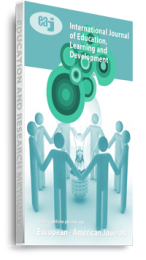This study applies mathematic linguistics to explore Turkish Japanese learners’ oral proficiency. Data were drawn from a self-built annotated corpus of 300 hours of recordings of storytelling (individual) and interaction (group). The oral proficiency for lexical sophistication is measured utilising moving-average morphological richness (MAMR) and mean size of paradigm. The syntactic complexity is measured by mean dependency distance (MDD). Self-written computer programme scripts are used to compute the MAMR, moving-average mean size of paradigm (MAMSP), and MDD. The findings indicate that in both storytelling and interaction, Turkish Japanese learners present a close picture regarding the degree of freedom of MAMR, MAMSP, and MDD to the oral data of native Japanese. This study, therefore, contends that L1 mother tongue morpho-syntactically affects later language acquisition. Moreover, the dependency distance (DD) that attributes the most tokens in interaction is nearly half that of the DD in storytelling, confirming the Principle of Least Effort (Zipf 1949) that human action tends to lighten the processing load. Furthermore, the MDD-frequency relationship in the Turkish oral data demonstrates a good fitting result for three models, that is, Harris, Dacey, and Kelly.
Keywords: Japanese language acquisition, Oral Proficiency, lexical sophistication, syntactic complexity

